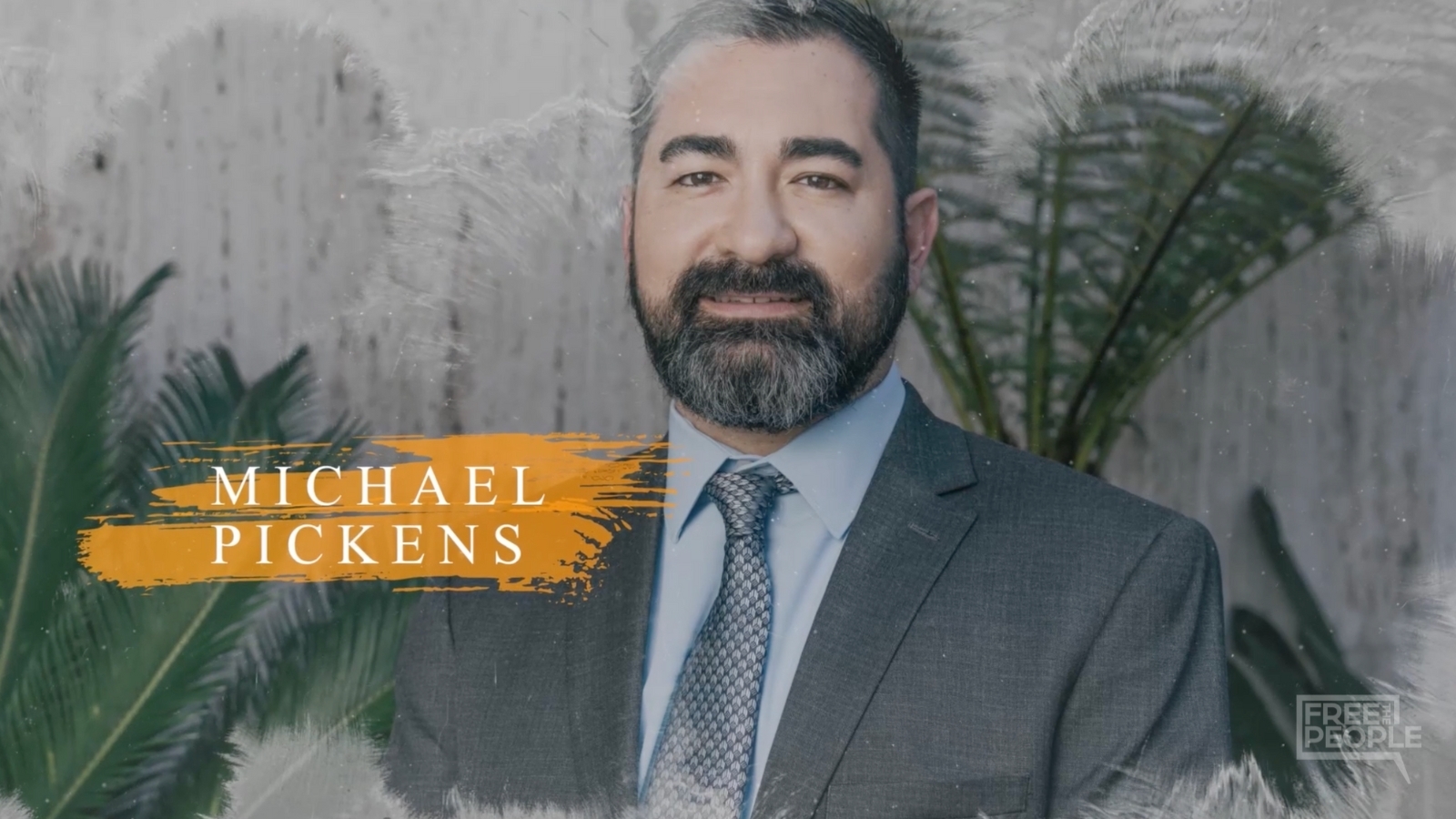
Not Every Man Really Lives
Today is the anniversary of the day, 19 years ago, that I completed my last round of chemotherapy. In November of 2001 I was diagnosed with stage four cancer, and the day and months that followed were some of the most difficult of my entire life.
But as you may have figured out by now, I survived. It was a hard slog to get my life back after months of injecting incredibly toxic poisons into my body. But it was also an incredibly liberating experience. Contemplating my imminent death while in my 30s gave me an entirely reinvigorated view of life, living, and the value of time well spent. It radicalized my professional life, urgently imbued with the knowledge that I wanted to accomplish something that I would be proud of on my death bed, something that would give me the sense of a life well lived, whenever that day might come. And time was passing more quickly than I had previously understood. My tolerance for petty differences and political bullshit disappeared (“Stop wasting my precious time!” I would think to myself). Far more important, my fear of failure turned into a willingness to readily welcome the risks that naturally come with a life well lived. Those risks, I now know, potentially led to something better, more satisfying—personal achievements that gave me a sense of purpose and personal dignity. Things that made me smile.
In other words, cheating cancer of that one little victory was one of the best things that ever happened to me.
I’m thinking about this in the context of the all-consuming fear that seems to have gripped the world during this pandemic. Don Boudreaux does a good job expressing a sense of confoundment about what seems to feed our collective fear of this virus while ignoring the many other risks that might harm us, ignoring the many devastating tradeoffs that come from these endless lockdowns. When is it “safe enough” to resume our lives? No one seems to know. Some seem to think we can cower in fear, a suspension of life, euphemistically referred to by the political overlords keeping us locked down as “sheltering in place,” until things are completely safe.
As irrational as it is, some seem to hope to someday reenter a world without risk, a world where benevolent dictators have the smarts and the science, and the power to “keep us safe.”
Of course, that world does not exist. And I imagine if it did, it would be the worst kind of hell. Because we humans need a purpose to thrive. The journey itself—the risks, the collaborations, the failures, the struggle, the achievement—is where the good stuff comes from. That process itself is where we each find dignity. A job well done, a small business kept afloat with pure force of will, a personal relationship that gives your life meaning; these are the things that give each of us dignity. The self-satisfaction that we did something, well.
Can a $1400 check from Washington, D.C. do the same? Politicians who promise you that your dignity can be realized simply by passing the right legislation don’t seem to grasp this, although I bet their intentions are (mostly) good.
One of the many devastating tradeoffs resulting from forced lockdowns has been a spike in suicides, particularly among young people. It seems like every day I read of some young person, once filled with hope and a sense of life, who ended their own life prematurely during a lockdown that seemingly snuffed out their hopes and dreams.
The same unintended consequences are occurring among people afflicted with cardiovascular disease and cancer, respectively the number 1 and 2 global killers. When all of the “fear porn” articles about the pandemic finally stop driving clicks, we will wake up to the devasting number of unnecessary casualties caused by a lack of attention and treatment against diseases far more dangerous than COVID.
I’m not writing this to judge anyone with a lower tolerance for risk than mine. I’m simply trying to give you a different perspective, hoping you might understand my perspective. Time, for me, is too precious to put life—my journey—on hold. Each day wasted is one I will never get back.
Neil Peart, the iconic drummer and philosopher king of the prog rock band Rush, was diagnosed with a deadly brain cancer just ten months after retiring from the grind of live touring in 2015. His personal motto, until the day he died last year was: “What is the most excellent thing I can do today?”
Today, on what amounts to the 19th anniversary of me kicking cancer’s ass, I am reminded of one of the songs Neil wrote:
From the point of ignition
To the final drive
The point of the journey
Is not to arrive
Anything can happen
I wonder if William Wallace, who famously said “Every man dies, but not every man really lives,” would agree? I bet he would.



